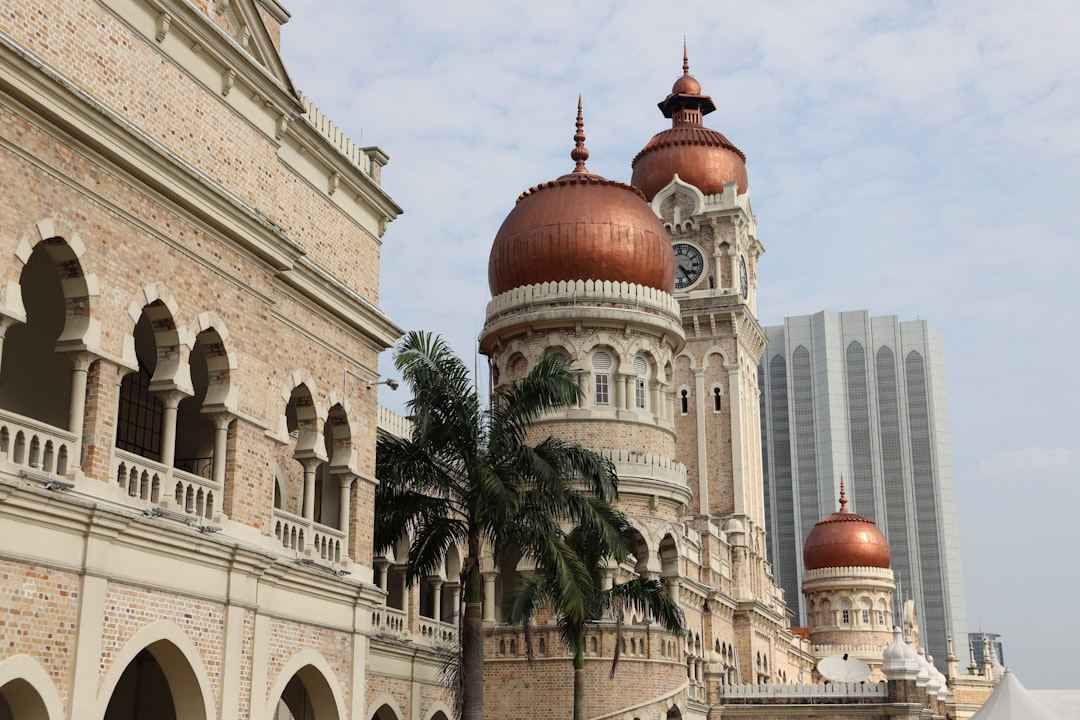The Battle for the Soul of Islam in Singapore: Visionary Reform or Dangerous Experiment?
When Singapore’s College of Islamic Studies (SCIS) advisory panel convened its first-ever meeting, it lit a fuse under long-simmering questions: What does Islamic education mean in an ultramodern, pluralistic city-state? Should religious scholarship evolve to meet the needs of a digital, multicultural society—or cling to centuries-old script?
At first glance, this might seem like a bureaucratic footnote. In reality, it could be the opening shot in a seismic struggle over the future of Islam in Southeast Asia’s most tightly engineered metropolis.
Unmasking the Stakes: Tradition vs. Transformation
Singapore prides itself on harmony—racial, religious, and social. But this balancing act is fragile, especially when it comes to faith. The SCIS aims to produce "thought leaders" for the Muslim community. Some see this as a bold step towards a dynamic, locally relevant Islamic scholarship; others smell bureaucratic control, even state interference.
The Core Debate
| Perspective | Core Belief | Argument for | Argument against |
|---|---|---|---|
| Reformist/Progressive | Islam must evolve with modernity | Prepares Muslims for global, tech-driven future | "Westernizes" Islam; risks loss of core values |
| Traditionalist/Conservative | Stick to classical texts and orthodox teaching | Preserves authenticity and community cohesion | Risks irrelevance and alienation of youth |
| State/Technocratic | Religious harmony via state-guided moderation | Prevents radicalism, fosters social stability | Seen as "state meddling" in religion |
| Independent Scholars/Activists | Academic independence and pluralism | Encourages open debate, intellectual growth | Potential for divisiveness, fragmentation |
Tensions Beneath the Surface
Critics, such as some grassroots leaders and international observers, argue that Singapore’s signature brand of "religious management" could backfire. Citing the government’s history of controlling speech and expression, these skeptics wonder: Will the SCIS panel really guide with academic independence, or simply parrot state orthodoxy under the guise of scholarship?
"The risk," says an anonymous educator, "is that we won’t get fearless thinkers, but obedient administrators in religious robes."
The Context: A Brief History
To truly understand this moment, one must recall Singapore’s unique Islamic landscape.
- The island's Malay-Muslim minority (about 15% of the population) walks a tightrope: proud of its heritage, yet pressured to assimilate.
- Previous state initiatives—such as the compulsory registration of religious teachers—have alarmed some, who see them as heavy-handed.
- Global concerns about Islamophobia, identity politics, and radicalization always lurk in the background, stoking anxieties.
How Modern is “Modern” Islamic Education?
SCIS is not just a religious institution. Its vision blends tech, science, and "Asian values", holding up Singapore as a model for a moderate, globally competitive Muslim identity.
What Could a "Singaporean Islam" Look Like?
| Aspect | Conservative Model | Progressive Model | “Singapore Model” Hybrid |
|---|---|---|---|
| Curriculum | Quran, Hadith, Fiqh | Social sciences, STEM | Both, plus civic engagement |
| Faculty | Imams, ulama (scholars) | Interdisciplinary experts | Mix, some state-appointed |
| Gender Participation | Mostly male | Gender inclusive | Emerging; still debated |
| Technology | Minimal | Embraced | Actively encouraged |
| Political Influence | Low, mostly independent | Variable | High—subject to state direction |
The Great Gamble—Or a Beacon of Hope?
Singapore has always bet on technocracy to solve deep-rooted dilemmas. Yet—with religious identity, top-down “solutions” can inflame rather than heal. For many young Muslims, the real question is not just what they are taught—but who decides.
Surprising Facts and Public Perceptions
- Fact: Singapore is the only country in Southeast Asia with a statutory board (MUIS) overseeing Islam, including mosque management and religious teacher accreditation.
- Fact: Surveys show growing disenchantment among Muslim youth with traditional religious leadership, but also deep suspicion of state co-option.
- Perception: The SCIS could either become "a laboratory for faith in the 21st century" or "a factory for tame, state-backed clerics."
“Will Singapore’s College of Islamic Studies be a genuine bridge to a new kind of Islam—or a velvet-fisted mechanism to steer the faithful?”
—Local faith community leader (name withheld)
Conclusion: The Dawning Debate
The inaugural meeting of the Singapore College of Islamic Studies advisory panel may seem routine, but its outcome could chart the direction of a generation. Is this the opening of intellectual gates, or the quiet closing of religious ranks? Either way, all Asia is watching—and so too, perhaps, should the world.
This article was inspired by the headline:
'Singapore College of Islamic Studies advisory panel holds first meeting'.

Comments
No comments yet. Be the first to comment!